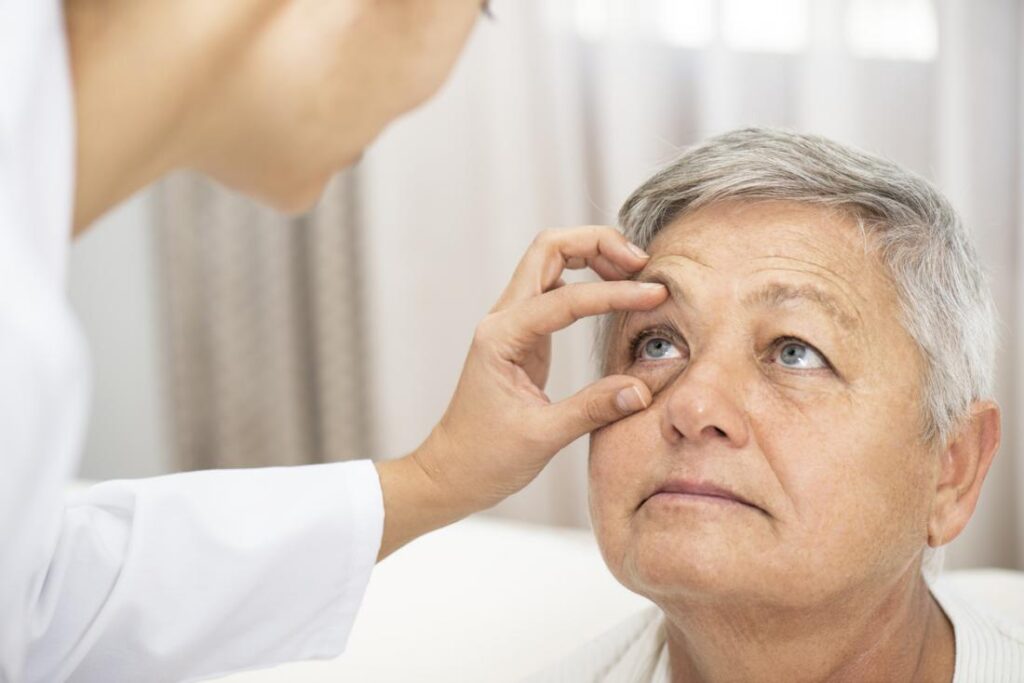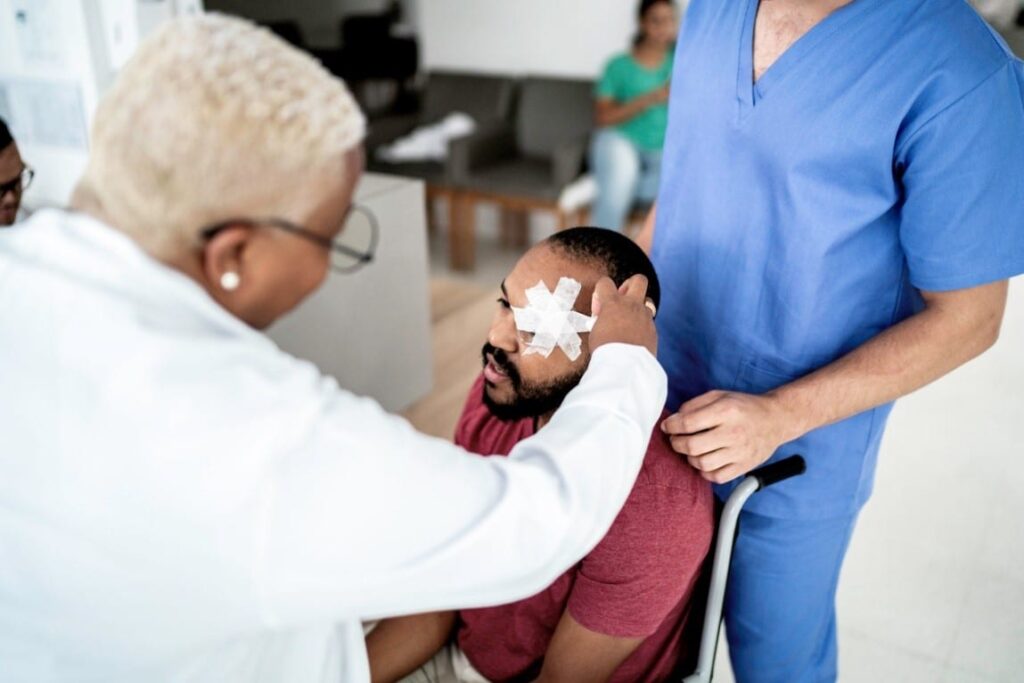Cataract surgery is a procedure that is quite simple to do. It is a procedure in which a patient’s natural lens is removed and replaced with an artificial one by a medical professional. The clouding of the lens of the eye that occurs as a result of cataracts is what makes vision difficult to achieve. The best treatment for cataracts is surgery, which should be performed as soon as possible to prevent the condition from worsening and making it more challenging to manage.
When there is no other way to cure an eye condition because cataracts prevent it from being done, cataract surgery is a necessity that can save a patient’s life. Additionally, if you are experiencing difficulty with day-to-day tasks like driving or reading as a result of your cataracts, personaleyes.com.au may prescribe that you undergo this procedure.
The majority of patients notice a significant improvement in their vision in the minutes, hours, and days that follow the removal of cataracts. On the other hand, it might take up to six weeks before you feel completely normal again (or even longer in extreme cases).
Because of these differences, there is no one therapy approach that can guarantee a complete and speedy recovery for each and every patient. However, there are a few essential reminders that you must keep in mind at all times if you want your recovery and aftercare to go as well as is humanly possible.
Related: Three Types of Cataract Eye Surgery Procedures

1. Stay away from irritants.
If you want your recovery from cataract surgery to go more quickly, the single most essential thing you can do is to steer clear of anything that can make you uncomfortable. Both dust and chlorine gas are extremely harmful to breathe in and are to be avoided at all costs. Your body’s capacity to recover will be hindered, and you may even become unwell as a result of prolonged exposure to these irritants.
As at when due, make sure you apply the eye drops that were recommended to you by your doctor to assist in maintaining the moisture level in your eyes.
2. Don’t rub your hand or anything over your eyes.
After undergoing cataract surgery, you should make every effort to avoid touching your eyes in the days and weeks that follow. Even the slightest contact with the eyes has the potential to spread germs and cause illness. Doing so might delay the healing process of the eye. Rubbing your hands on your eye after surgery is detrimental and ought to be avoided in every way.
3. Make sure to use your sunglasses outdoor.
When going outside, one should always wear sunglasses to protect their eyes from the damaging rays of the sun as well as any dirt that may be present in the environment. After having eye surgery, the recovery process can go more quickly and with less difficulties if you follow these postoperative care guidelines carefully.
4. Priorities Post-surgery Appointments with Your Doctor.
In the days and weeks after cataract surgery, one piece of advice that patients really must pay attention to is to make sure they go to all of their post-surgery follow-up visits. Because every patient is an individual with their own set of requirements, it is imperative that they receive individualised, specialised treatment in order to maximise their chances of making a full recovery.
It is imperative that there be tracking in real-time so that your physician can monitor your progress. In the event that there is a problem, your physician will be able to detect it at an early stage and begin treatment before the condition grows more severe.
Immediately after surgery, you need to ensure that you are following your surgeon’s instructions and getting in touch with them if you have any concerns or questions. In point of fact, this is their whole raison d’être in the business.

5. Be Calm and Don’t Stress About It.
After cataract surgery, it is essential to get plenty of rest in order to recuperate as quickly as possible. As is the case with any other type of invasive medical procedure, getting plenty of rest is essential to the healing process following cataract surgery.
There should be minimal effort employed in any form, and this is especially true for tasks that might put strain on the eyes. Make sure that you are getting the right amount of sleep that is advised. If you find that you are starting to feel drowsy, resist the urge to attempt to push yourself to remain awake. If you give yourself sufficient time to recuperate after cataract surgery, you should be able to regain your clear vision in a short amount of time.
6. In order to reduce the likelihood of being unwell.
You should refrain from swimming or using a hot tub for at least one week after your cataract surgery. The disruption of the normal healing process following surgery on your eye is the second-worst thing that might happen to your eye after the procedure; the first being an infection. When you submerge your head in water, whether it be in a hot tub, a swimming pool, or even just plain water, the likelihood of being ill is significantly increased. After surgery, you are free to take a normal bath or shower; however, you should keep your eyes closed to avoid any water from getting into them. You are not permitted to get into the water for at least a week, and it is recommended that you wait for two.
7. In the hours after surgery.
You shouldn’t put your eyes under any unnecessary strain by squinting or leaning forwards with your head. Because bending over creates the same surge of blood to the brain that happens after vigorous activity, it may slow down the healing process for your eyes if you do it too often. If you need to pick anything up, kneel down so you don’t have to bend over as much, or ask a buddy for assistance so you don’t have to do it all by yourself.

